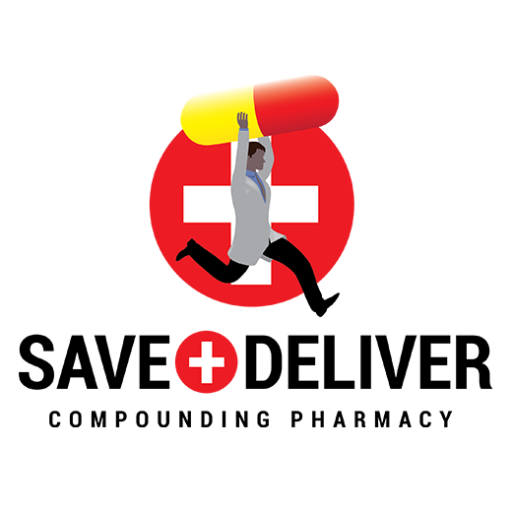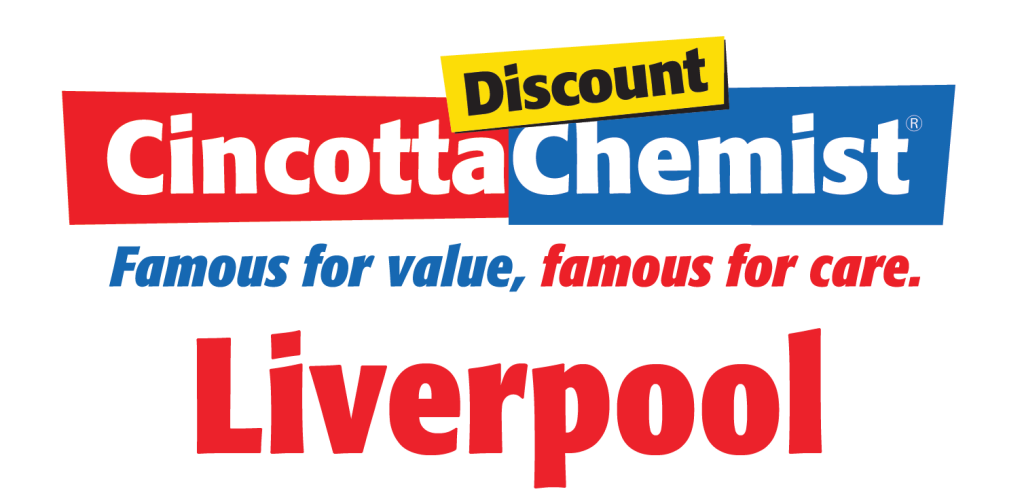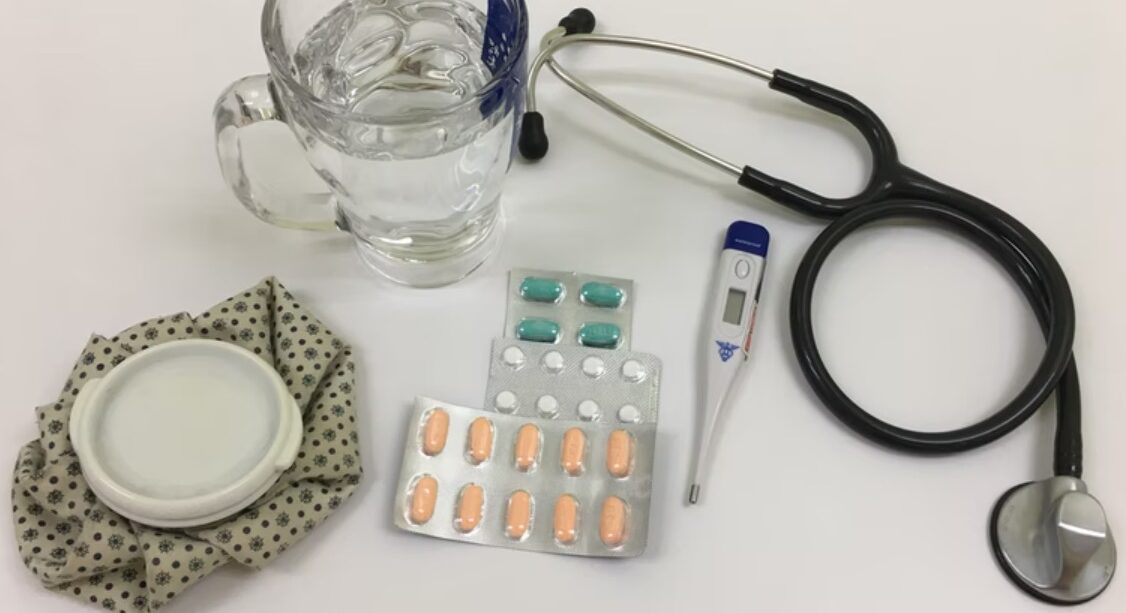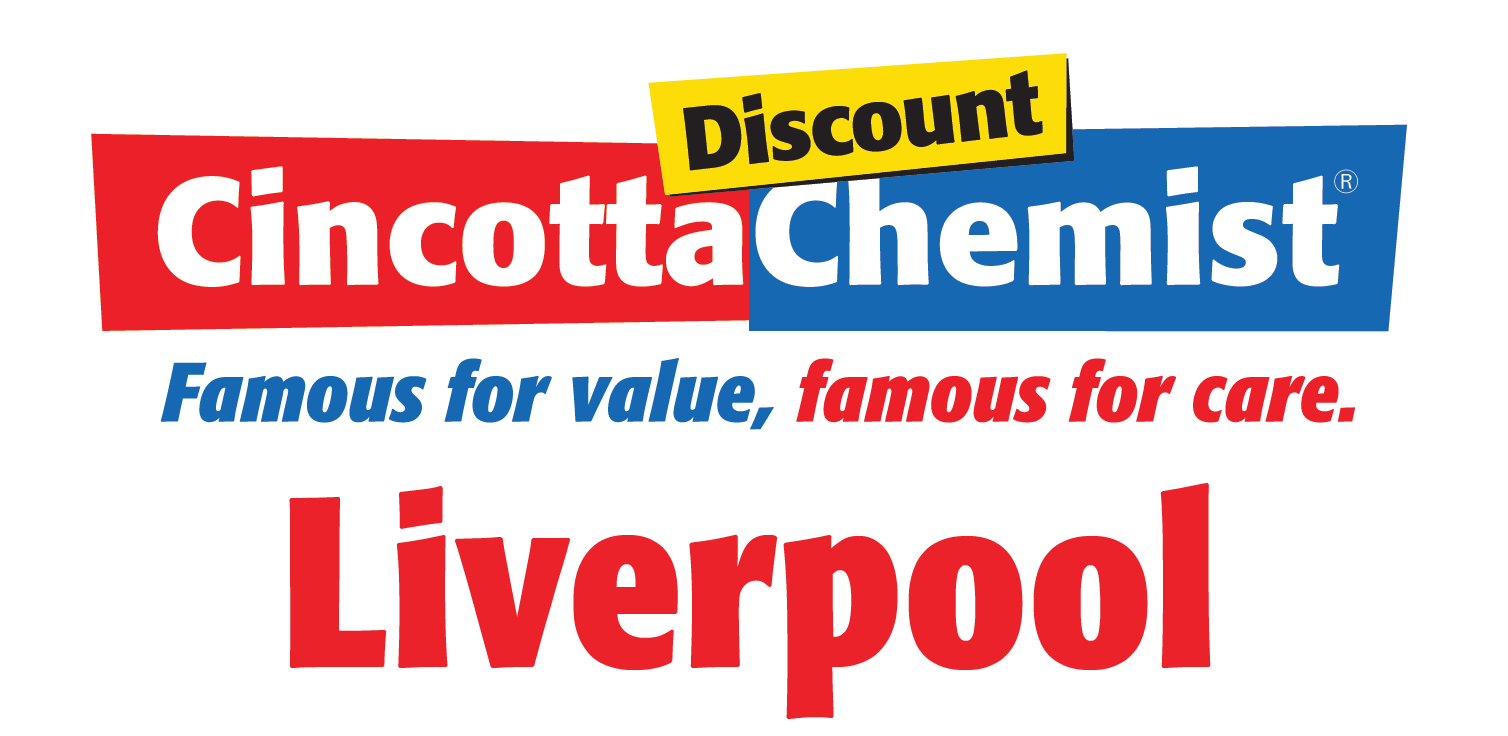Common Food and Medication Interactions to Avoid
Medicines can treat many health problems if taken correctly. Many medicines have ingredients that interact with human bodies in different ways. Surprisingly, diet and lifestyle have a significant influence on the effectiveness of a drug. A drug interaction is essentially a situation in which a substance can cause interference in the activity of a drug. Therefore, starting a new medication sometimes requires a change in lifestyle, which majorly includes the foods you eat.
A food-drug interaction means that nutrients present in your meal change how your body metabolizes the medication; this could either enhance or reduce the dose your body gets. It is essential to be aware of the right combination of food and drugs to avoid the risk of side effects, many of which can be very dangerous. Therefore, before introducing any medication, it is crucial to ask your doctor about the food interactions.
Here are some typical food and medication interactions that you must avoid:
1. Calcium-rich food and Antibiotics
Dairy products like cheese, milk, and yoghurt can interfere with certain kinds of medication, including doxycycline, tetracycline, and ciprofloxacin. These medicines can bind with the calcium present in milk resulting in the formulation of an insoluble substance in the stomach and upper small intestine, which the body cannot absorb.
2. Pickles and Fermented Foods and MAOIs
This food type comprises tyramine which is associated with a dangerous rise in blood pressure among the patients consuming monoamine oxidase inhibitors (MAOIs) and certain medications prescribed for Parkinson’s disease.
3. Vitamin K – Rich Foods and Warfarin
Pharmacists should instruct patients taking Warfarin to maintain a consistent intake of vitamin K and avoid the consumption of kale, spinach and other leafy greens to their diets. Vitamin K is necessary for the production of clotting factors that help prevent bleeding, but medicine like Warfarin exert their effect by inhibiting vitamin K. Hence, increased nutrient consumption can antagonize the anticoagulant effect and prevent the drug from working.
4. Alcohol and Prescription Stimulants
Although patients should always be cautious of mixing any medication with alcohol, some interactions turn out to be more severe than others. For instance, consuming alcohol and prescription stimulants can make it challenging for the patient to realize how intoxicated they are.
5. Ziprasidone and Small meals
Ziprasidone is an antipsychotic drug that is used to treat bipolar disorder and schizophrenia. It is recommended to take it with a meal of at least 500 calories as one study says that eating it with a substantial snack optimizes the absorption of drugs to work effectively.
6. Hypothyroid Drugs + Any food
If you have hypothyroidism, most likely, you are prescribed to consume Synthroid to restore your levels. The label clearly instructs to take medicine first thing in the morning with a 30-60 minute buffer before consuming any food. This is because food can block absorption of the drug in the small intestine, effectively lowering your dose in a way that will affect your thyroid.
Also, read about the impotence of a pharmacy in every locality.
7. Metronidazole and Alcohol
Metronidazole is used to treat infections which also includes vaginal infections. It is advisable to avoid alcohol while on this drug as it interferes with alcohol metabolism, resulting in severe vomiting. A minimum gap of 48 hours is recommended before having a glass of liqueur.
8. SSRIs and Alcohol
Selective serotonin reuptake inhibitors are antidepressants to treat depression and anxiety. There is a significant risk involved if alcohol is consumed in combination with these drugs. It can lead to gastrointestinal bleeding, and the pharmacy must warn the patients about this combination.
9. Erectile Dysfunction Drugs and Grapefruit
Having erectile dysfunction drugs like Viagra in combination with grapefruits can trigger headaches and low blood pressure.
Wonder when should you measure blood pressure during the day? Read.
10. Insulin, Oral Diabetic Agents and Alcohol
Alcohol can increase or prolong the effects of insulin or oral diabetic agents and lead to low blood sugar levels or hypoglycemia. Symptoms of hypoglycemia include sweating, nervousness, trembling, palpitations, confusion, drowsiness, intense hunger, weakness and ultimately coma. Specific oral diabetic agents can even cause dizziness, flushing and nausea when taken with alcohol.
Food-drug interactions can produce negative effects on the nutritional status of the patient. Similar to food, drugs taken orally must be absorbed through the lining of the stomach. The food present in the digestive tract may reduce drug absorption. Therefore, it is wise to avoid such interactions by taking the medication 1 hour before or 2 hours after eating.
The interaction of natural products and medicine is a common hidden problem encountered in clinical practice. However, there is growing awareness as people are becoming more equipped with knowledge of consuming the medication. Popping a pill whenever you like is no longer a healthy practice as it may contradict the purpose and give negative results. Always take clear instructions from your doctor and follow them strictly. And get all your medication and nursing needs fulfilled from a trustworthy online pharmacy.



